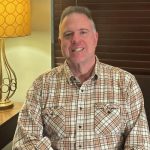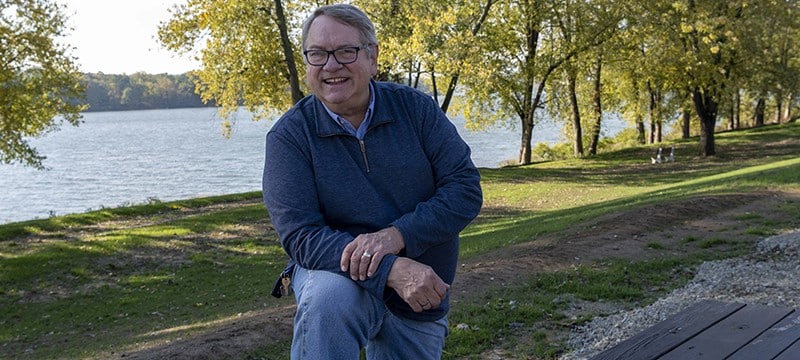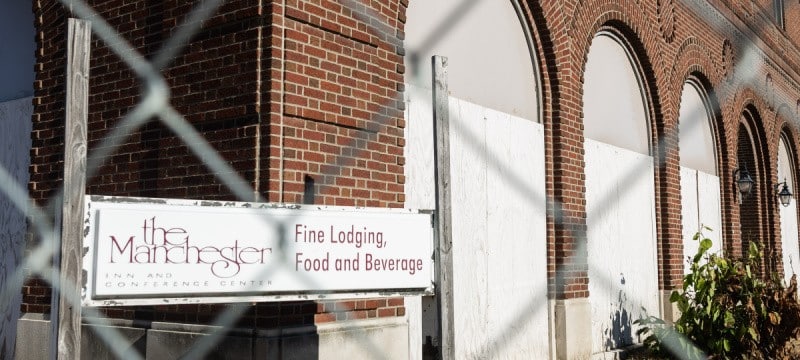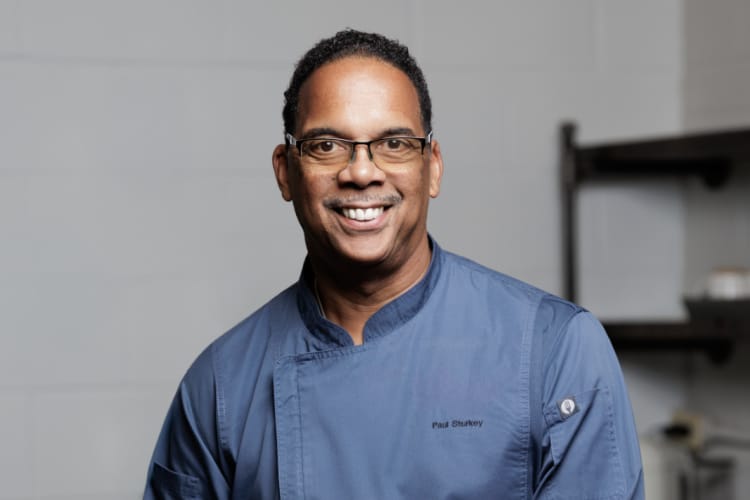Celebrating good coffee and good water: Coffee Festival experts share their secrets
The Cincinnati Coffee Festival this weekend will include live music, lectures, and demonstrations designed to unlock the magic of coffee at home.
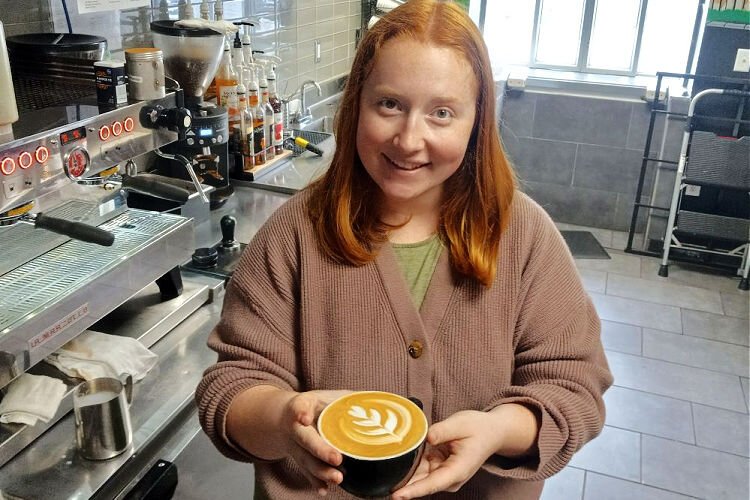
A couple of generations ago, the coffee business was an oligopoly, with a handful of companies’ cans on store shelves. Coffee was merely a companion beverage for breakfast or dessert. Then, a generation ago, coffee shops exploded and became destinations. Lattes and cappuccinos became staples in many people’s routines.
Then the coffee ecosystem shifted once again. As buying local became a greater priority, neighborhood coffee shops gained favor for many over the chains. And as stories permeated the media about the poverty and challenging conditions many coffee growers face, “fair trade” and “direct trade” became part of the lexicon of coffeehouse patrons who wanted the providers of their caffeine fixes to be afforded a better quality of life.
The passion behind the bean culminates next weekend with the Cincinnati Coffee Festival, which takes place October 26 and 27 at Music Hall from 8 a.m. to 4 p.m. The event will include live music, lectures and demonstrations that will help attendees unlock more flavorful coffee at home, and, at 2 p.m. Saturday, the Latte Art Throwdown will take place, in which the Queen City’s best baristas compete to create the prettiest espresso-and-milk concoctions.
The beneficiary of the Festival’s revenue is the Ohio River Foundation, a 501(c)(3) founded in 2000 that’s devoted to improving the water quality and ecosystem of the river and all of its tributaries that are part of its 14-state watershed. With this in mind, we’ve asked coffee experts engaged with the Festival to discuss the importance of water and how to enjoy your daily brew more sustainably.
Gerardo Vivas Ramos, Viva Coffee Roasters
Gerardo grew up in Tegucigalpa, Honduras, where coffee was central to his family: “My father owned a coffee plantation, and he was passionate about the quality of the beans we grew. Every weekend, our family would pick and process the beans. Coffee is a commodity, and a lot of factors influence the price we would get. How good of a year we had would determine whether we got presents at Christmas.”
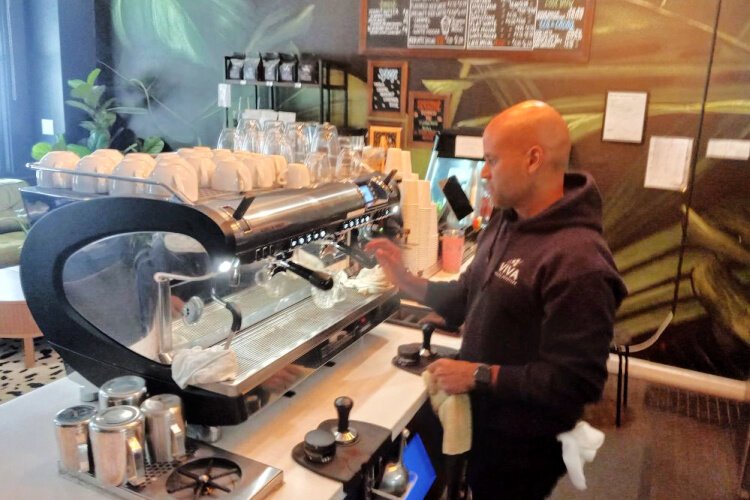
Gerardo Ramos Vivas, founder of O’Bryonville’s Viva Coffee Roasters. The shop uses filtered water, which he said is essential for a quality brew. Viva, which opened its shop last fall, has grown to roasting roughly four tons of beans so far in 2024.
He aspired to an engineering career, and immigrated to Rochester, N.Y. to complete his engineering master’s degree. Three years later, after graduating, he relocated to Cincinnati and took a job as an automotive engineer for Toyota. In late 2020, Gerardo decided to lean into his family’s coffee legacy and purchased a small home coffee roaster. The following year, he decided to make coffee roasting his full-time vocation and purchased a heavy-duty commercial roaster and, in November of last year, he opened his roastery and shop in O’Bryonville. What began with 70 pounds of beans roasted in 2021 has grown into four tons of coffee roasted thus far in 2024.
Profit wasn’t his only motive; he wanted to help improve the lives of Honduran coffee roasters. He purchases beans through direct trade, which cuts out middlemen and improves profitability for growers. Dedicated solely to growers in his home country, Gerardo works with collectives, some of which are women-owned, that provide fair wages and sustainable practices.
Good water is a prerequisite for good coffee. Gerardo said that filtered water is a necessity for quality coffee, and following required coffeemaking equipment maintenance schedules is as important as timely oil changes for cars. He said that the typical ratio of coffee-to-water ratio is 18 grams of water per one gram of coffee, but, for an optimal brew, Gerardo suggests 16:1.
To support sustainable coffee-production practices, Gerardo recommends buying naturally produced, unwashed coffee beans. He said that doing so will support production that requires 75% less energy than purchasing conventionally washed beans.
David Gaines, La Terza
David Gaines, who has owned La Terza Coffee Roasters for 11 years (it’s embedded within High Grain Brewery in Brentwood on Winton Road) and also works as a business coach, will make two presentations at the Festival: at 9:30 a.m. Sunday he will present “Brewed Awakening: Mastering Cold Brew Coffee at Home,” and the 1:30 p.m. Sunday discussion, “Unlocking Café-Quality Coffee: Simple Adjustments for Better Brews at Home,” which addresses the quality and proportion of water used, as well as the grind size of coffee, in creating a tasty brew at home.
Naturally, coaching current and aspiring coffee-shop owners is a large segment of his business. While it might seem fun or even glamorous to some, he said a reality check is sometimes in order.
“I do try to talk people out of it,” Gaines said. “It can be a rewarding business, but it’s important to remember the social impact of coffee and understanding the prospect of creating a profitable business. Coffee can have good profit margins, but you need a lot of volume to make a business viable.
“La Terza” means “the third” in Italian, a reference to coffee as a catalyst for social gatherings – the sought after “third place” beyond work and home that people seek for social gatherings.
To make a quality brew at home, Gaines recommends using either spring water, which provides minerals that enhances flavor and a balanced pH; water filtered by a Brita or other filtration system, which sifts out tap-water chemicals; or a mineral additive such as Third Wave, which is made in Dayton, that softens water and improves its flavor.
When brewing coffee, Gaines noted that the coarser a coffee bean’s grind, the longer the coffee should steep.

